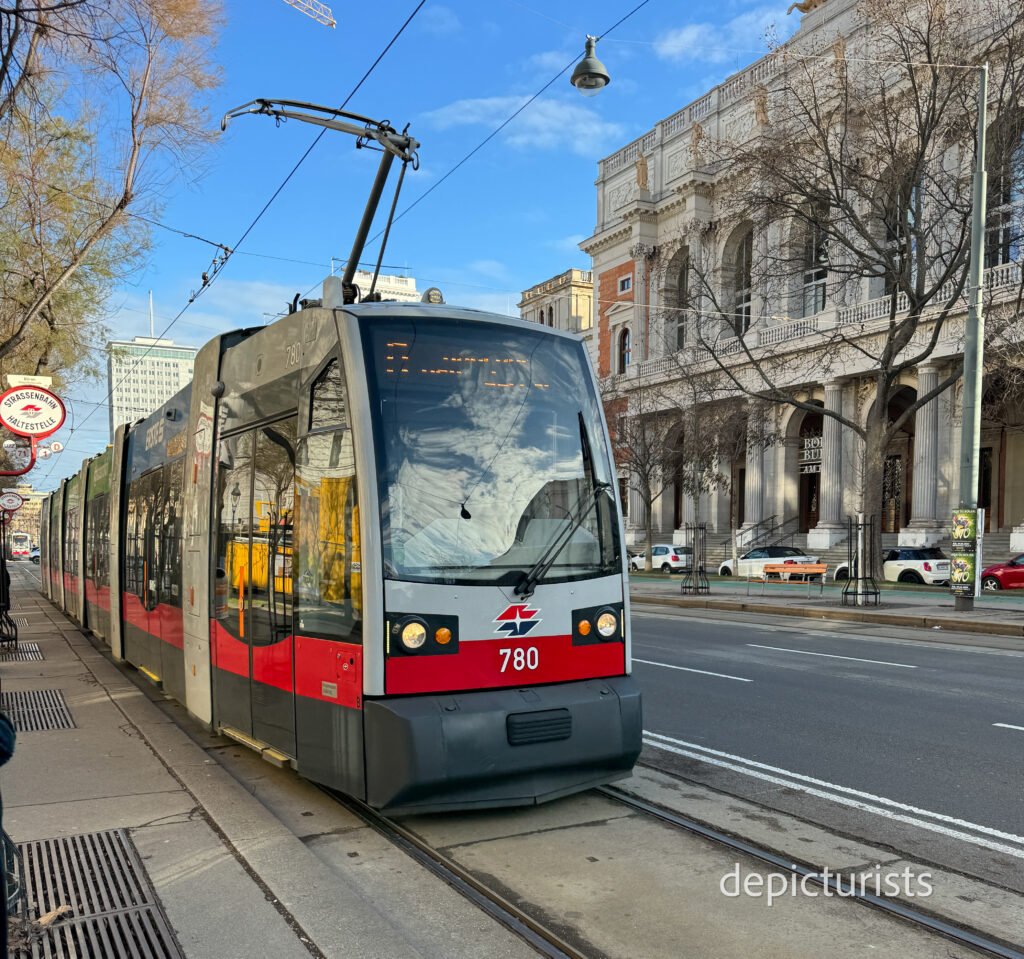Navigating Abroad: Benefits of Car Rental vs. Public Transit
When traveling abroad, one of the most important decisions to make is how to get around. The choice between renting a car and using public transportation can significantly impact your travel experience. In this article, we’ll compare the advantages of car rental and public transit for navigating foreign countries. From the freedom and flexibility of having your own vehicle to the convenience and affordability of public transit, understanding the benefits of each option is crucial for making informed travel decisions. Let’s explore the differences between car rental and public transit and determine the best way to navigate abroad. Welcome to our discussion on the “Benefits of Car Rental vs. Public Transit: Navigating Abroad”.

Advantages of Renting a Car
Flexibility and Convenience
Renting a car provides unparalleled flexibility and convenience. Travelers have the freedom to explore remote areas and off-the-beaten-path destinations at their own pace. Unlike public transportation, which adheres to fixed schedules and routes, a rental car allows for spontaneous detours and impromptu stops, enabling travelers to fully immerse themselves in the local culture and scenery.
Accessibility to Remote Locations
Public transportation networks may not always extend to remote or less touristy areas. Renting a car grants travelers access to secluded beaches, hidden villages, and scenic viewpoints that may be otherwise inaccessible by bus or train. This accessibility opens up a world of exploration and discovery, allowing travellers to uncover hidden gems off the tourist trail.
Time Efficiency
Renting a car can save valuable time, especially when visiting multiple destinations in a short period. Public transportation often involves waiting for buses or trains, navigating complex timetables, and adhering to predetermined routes. With a rental car, travelers can optimize their time and maximize their sightseeing opportunities, making the most of every moment of their journey.

Comfort and Privacy
Traveling in a foreign country can be exhausting, particularly when contending with crowded buses or trains. Renting a car offers a level of comfort and privacy that public transportation cannot match. Travelers can relax in a climate-controlled environment, play their own music, and enjoy uninterrupted conversations with fellow passengers without the distractions often encountered on public transit.
Cost-Effectiveness for Groups
While public transportation may seem cost-effective for solo travelers, the dynamics change when traveling in groups or with families. Splitting the cost of a rental car among several individuals can often be more economical than purchasing multiple tickets for public transportation. Additionally, rental cars offer the convenience of door-to-door transportation, eliminating the need for expensive taxi rides to reach remote destinations.
Cultural Immersion
Driving in a foreign country provides a unique opportunity to immerse oneself in the local culture. From navigating bustling city streets to traversing scenic countryside roads, renting a car allows travelers to experience the nuances of local driving customs and etiquette firsthand. This cultural immersion enhances the travel experience, fostering a deeper connection with the destination and its people.
Advantages of Public Transportation
Extensive Networks in Urban Centers
In cities like Paris and Rome, public transportation networks are extensive and well-developed. With efficient systems encompassing buses, metros, trams, and trains, travellers can easily navigate urban landscapes without the need for a rental car.

Traffic and Parking Challenges
Urban centers often grapple with traffic congestion and limited parking spaces. Public transportation offers a convenient alternative, allowing travelers to bypass traffic jams and avoid the hassle of finding parking in crowded city streets.
Cost-Effectiveness and Affordability
Public transportation in cities like Paris and Rome is often more cost-effective than renting a car. This is especially true when factoring in expenses such as fuel, parking fees, and tolls. Daily or weekly transit passes provide unlimited access to buses, metros, and trains, making it a budget-friendly option for exploring urban areas.
Cultural Experience and Local Insight
Using public transportation in cities like Paris and Rome provides travelers with a unique cultural experience and insight into local life. By riding alongside locals, observing daily routines, and engaging with fellow passengers, travelers can immerse themselves in the vibrant fabric of these cities, enhancing their overall travel experience.
Environmental Sustainability
Opting for public transportation over renting a car aligns with eco-conscious travel practices, particularly in densely populated urban areas. Public transit produces fewer greenhouse gas emissions per passenger compared to individual cars, contributing to efforts to reduce air pollution and combat climate change.
In conclusion, when deciding between renting a car and using public transportation in a foreign country, travelers should consider factors such as destination, travel preferences, budget, and group size. While renting a car offers flexibility, convenience, and cultural immersion, public transportation excels in urban centers like Paris and Rome. It provides extensive coverage, affordability, and environmental sustainability. All in all, travellers weigh the advantages of each mode of transportation and choose the option that best suits their needs and enhances their travel experience.
Explore more and see you soon !
Leave a Reply